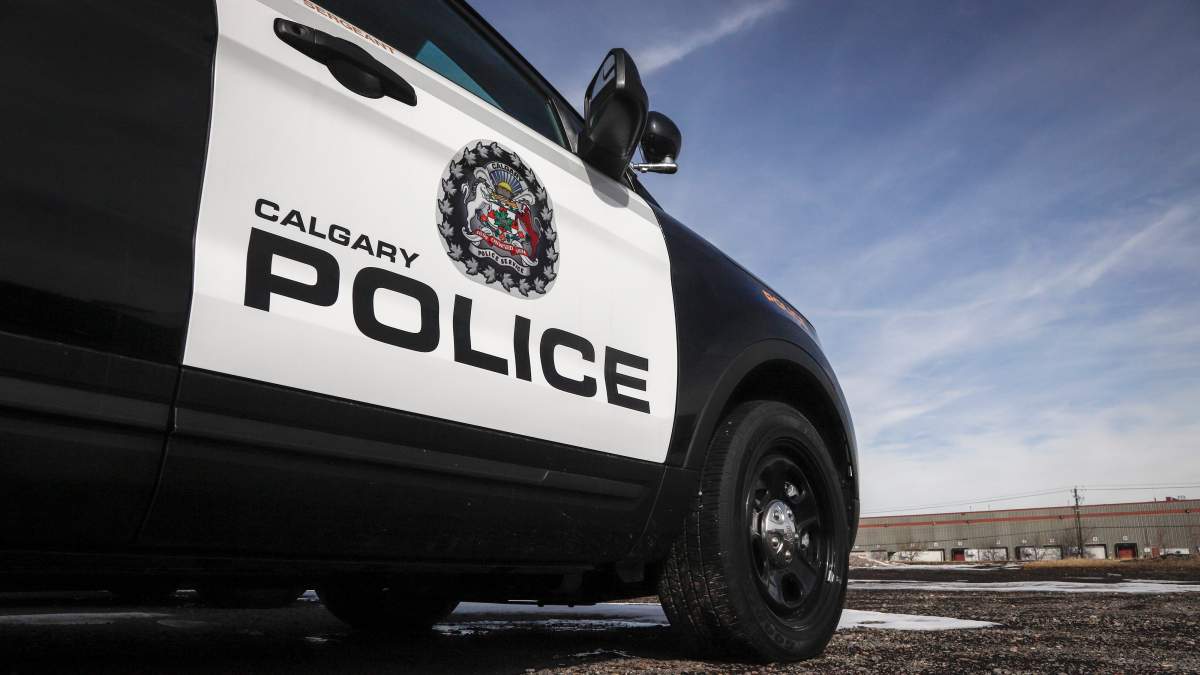Pat and Irene Heffernan have relived their son’s death many times.

Anthony Heffernan, a 27-year-old man recovering from a drug addiction, was shot by police four times, including three shots to the head and neck, after officers were called to a Calgary motel on March 16, 2015.
Officers said Heffernan was behaving strangely as he stood near beds with a lighter and a syringe, and didn’t obey commands to drop them.
The Alberta Serious Incident Response Team, which reviews serious actions by police, investigated but no charges were laid.
The Heffernans wonder what would have happened if a mental health professional had been there.
“You had five heavily armed officers. It’s just a nightmare story. You can’t make it up,” said Heffernan’s mother, Irene, from her home in Prince Albert, Sask.
Pat Heffernan said his son was in crisis and officers bursting into the hotel room was a mistake.
“It seems that they’re trying to escalate the situation rather than de-escalate. If they would have gone in calmly and talked to him, it might have been a totally different story,” he said.
- Parents plead for return of plaque honouring Brentwood 5 massacre victims in Calgary
- Former Calgary gymnast speaks out in hopes of changing toxic culture of sport
- Calgary police host town hall on extortion threats targeting South Asian community
- Record-setting temperatures in Alberta prompt warnings about wildfire danger
“What we wanted out of this whole thing is for it not to be happening to other people. We were naive thinking this was something that rarely happened.”
A 2021 study in the Journal of Community Safety and Well-Being found 75 per cent of police-involved civilian fatalities in Canada involved a person experiencing a mental-health crisis or who was under the influence of a substance.
It said police officers deployed use of force about two per cent of the time.

Get breaking National news
Psychologist Patrick Baillie, who consults for the Calgary Police Service, supports more officer training. He said mental health professionals are teamed with officers, but are only sent as a secondary response after a safety assessment.
“The initial, most cost-effective ? (approach) is the training of officers, better access to mental-health professionals, more officers to do consultations 24 hours a day who could call somebody,” Baillie said.
“If there was a larger core of clinical social workers, maybe a psychiatrist or two, that would help as well.”
Baillie said police in Memphis have dispatchers trained to recognize mental health calls and about 20 per cent of officers have been taught to deal with people in crisis.
Baillie acknowledges that obtaining mental health resources can be difficult.
“We end up dealing up with an increasing number of mental health calls, because of the people who have fallen, not through the cracks, but through the cavernous holes that we have in our system.”
Police in Lethbridge, Alta., recorded a 19 per cent drop in use of force encounters last year compared to 2020. Some 28 per cent of subjects were in a state of crisis at the time.
Acting Staff Sgt. Rick Semenuik said the service has added a second mental health professional to pair with officers.
“It’s been very useful. I can speak from personal experience,” he said.
“They had a relationship with the person and they talked to them and there was never any force used. It was done peacefully every time.”
Semenuik said Lethbridge officers receive mental health training annually and focus on communicating with those who are going through a crisis.
Police in Vancouver began a program in 1978 called Car 87, which teams a constable with a registered nurse or psychiatric nurse to provide on-site assessments and intervention, when there’s no safety risk, for people living with mental illness.
Sgt. Steve Addison said officers on the front line deal with more serious cases.
“There’s a huge mental health crisis here in Vancouver. Our officers are encountering people who are living ? in psychosis, struggling on a very frequent basis,” he said.
“They’re frequently coming in contact with police officers because they’re falling through the cracks. They’re not getting the support they need further up the line.”
Vancouver police have been vocal about the need to provide social supports for people with mental health issues, addictions, poverty and homelessness, Addison said.
“We’re first responders, but we’re also the last resort for people in crisis, so at 3 o’clock in the morning when someone’s in psychosis and waving around a sword or feeling suicidal or hanging off the side of a bridge, who gets called?”
Specialized officers expert in crisis negotiation are deployed several times a day when someone is suicidal, experiencing an extreme mental health episode or is posing a public safety risk, Addison said.
“We’ll be the first to call for more support for people who are living with these very, very complex needs, so they don’t have to come in contact with the police for what often is a mental health issue.”







Comments